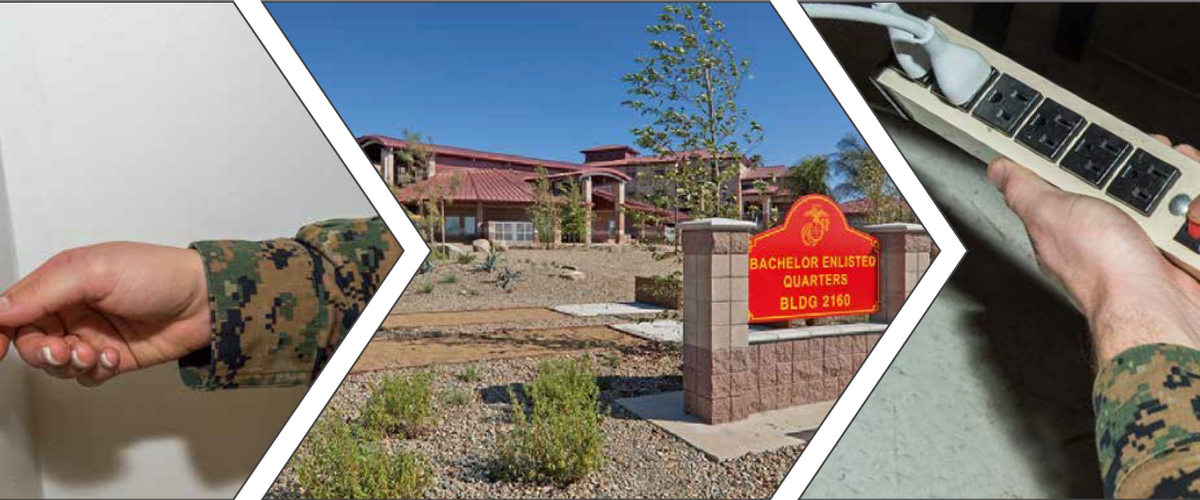5 Things You (Probably) Didn't Know Were Energy Myths

Saving energy can be confusing – you may wonder, for example, does it use more energy to turn the lights off then back on, or to leave them on? (Answer: leaving them on uses more energy – always turn lights off when you leave a room so you don’t waste electricity.) October is Energy Action Month, the perfect time to learn more about energy efficiency and debunk some things you may have heard. Here are five more myths about energy efficiency you may have believed, and why they aren’t true. Follow these tips to lower your energy bills!
1. Myth: When you turn off appliances and electronic devices (e.g., Xbox, computer) they stop using energy.
Fact: Due to standby power settings, most devices continue to use power after they’ve been turned off. Some of these devices use almost as much energy when they are “turned off” as they do when they are on. The best way to save? Unplug the device, or plug it (and others) into a power strip that can be switched off when the devices are not in use.
2. Myth: Turning your car off and back on uses more fuel than leaving the engine idling while you wait.
Fact: Restarting your car does not use more fuel than idling. Just 10 seconds of idling uses as much fuel as restarting your vehicle. If you idle for 2 minutes, you use as much gas as it takes to drive a mile. Turn off the ignition to save fuel while you wait
3. Myth: Keeping the thermostat temperature constant while you’re away saves more energy than setting it higher and lower when you leave and come back.
Fact: Keeping your thermostat at a constant temperature while away is a waste of energy. Together, heating and cooling make up about 46 percent of annual household energy costs. When you leave for the day, set your thermostat a few degrees lower if using heat, and set it higher if using air conditioning. It requires much less energy to heat your home back up or cool it back down when you get home than it does to keep it at the target temperature all day long.
4. Myth: A leaking sink or tub faucet doesn’t waste a lot of water.
Fact: One faucet leaking two drops of water per second wastes 200 gallons of water in a month. If the drip-drip-drip noise doesn’t bother you, perhaps knowing there will be an extra cost in the water bill might. And if it’s dripping hot water? That’ll affect the heating or electric bill. Make sure you turn the faucet all the way off and if that doesn’t stop the leak, contact appropriate maintenance personnel.
5. Myth: Leaving your computer, laptop, or other electronic devices on “sleep” mode saves more energy than powering them on and of
Fact: This sleep setting still draws energy the entire time the device is idling - much more than the small surge amount used to power on the device. While it may be more convenient to leave your computer on in sleep mode when you are only away for short times, using sleep mode when away for a long time wastes more energy and will ultimately cost more money in the long term. And remember – even when you turn your device off, it still pulls energy if it is still plugged in.
Saving energy is not only good for the environment; it’s also good for your wallet! Simply turning off appliances can save you as much as $30 a month, if not more. For more money saving tips contact your local Personal Financial Management Program office. The Personal Financial Management Program offers workshops and seminars on more than twenty money management topics. To learn more and find a workshop near you, click here.